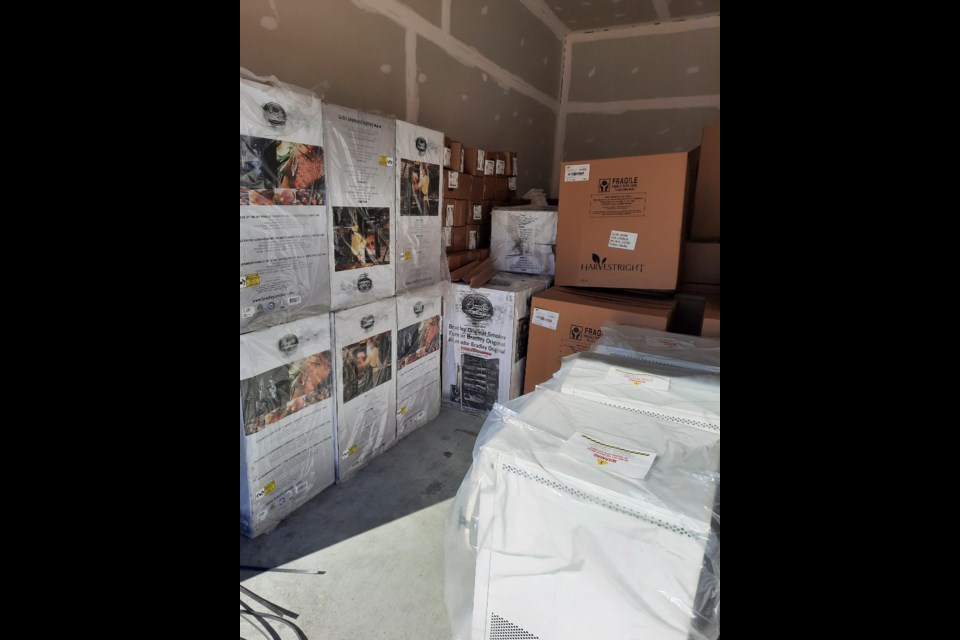Ten communities, including Timmins and Cochrane, will be soon receiving food preservation equipment from Mushkegowuk Council.
Samantha Matthews, Mushkegowuk Council’s research assistant, said the equipment will help enhance food security initiatives and programming that are already happening in the communities.
Each community will receive freeze dryers that preserve food for up to 25 years, metal can sealers, smokers, meat grinders, sausage stuffers, food slicers, food vacuum sealers, heat sealers, food storage containers, pails and totes.
Other communities that will receive the equipment include Fort Albany, Attawapiskat, Peawanuck, Kashechewan, Moose Cree, Taykwa Tagamou, Chapleau Cree and Missanabie Cree.
The one-time COVID-19 funding for this initiative is from the Ministry of Environment, Conservation and Parks under the Surplus Food Redistribution Program.
The program provided funding for food redistribution infrastructure that might have been needed to help preserve or prepare food as well as to prevent it from going into landfills.
Mushkegowuk Council received about $114,000 from the province, according to Matthews.
“We were able to convince the ministry that this type of equipment could be used for preserving traditional foods, too,” Matthews said.
Matthews said she hopes to start shipping the equipment by early April.
With the funding from the U.S.-based NDN Collective, Mushkegowuk Council is also hiring a regional food security co-ordinator who will be responsible for supporting Mushkegowuk communities’ visions of food self-determination and co-ordinating the Food Advisory Circle.
“We’re hoping to develop an action plan and our food strategy that is more centred on Omushkegowuk people and have a food advisory, made up of representatives from all over the region,” Matthews said. “It’s a very diverse food system that we have and it’s going to be different for each community based on where they live, so it’s important to have that kind of diverse inputs coming from those communities.”
The idea behind the Food Advisory Circle was informed by the 2015 resolution that was made by the Mushkegowuk chiefs, Matthews said.
The resolution reads that Mushkegowuk Council will look for ways to help its communities with food security issues including the possibility of creating an advisory group.
"It's animating some of those things that are very much needed," Matthews said. "It definitely will give the communities a seat at the table and inform our work for upholding communities’ visions for food self-determination and help inform a food strategy of our own."



